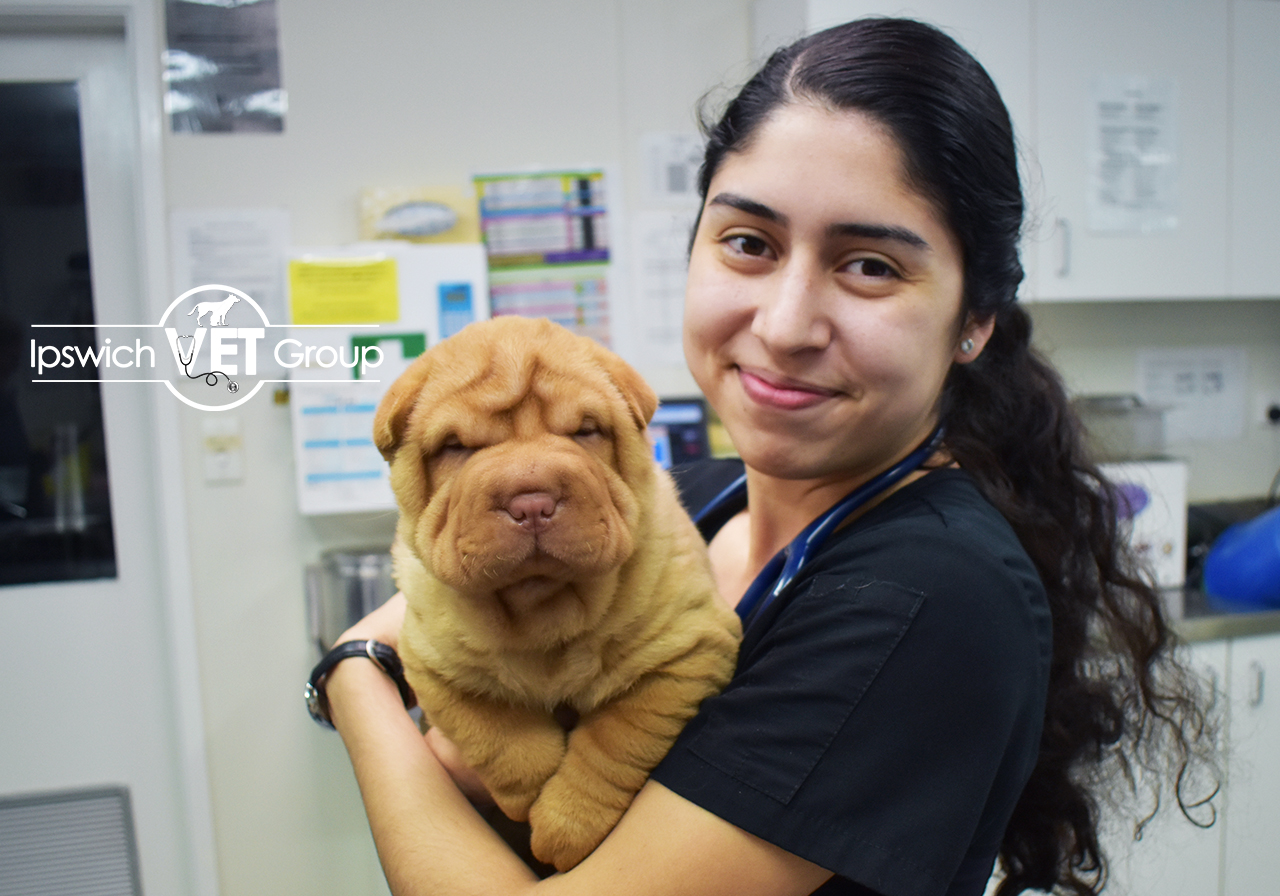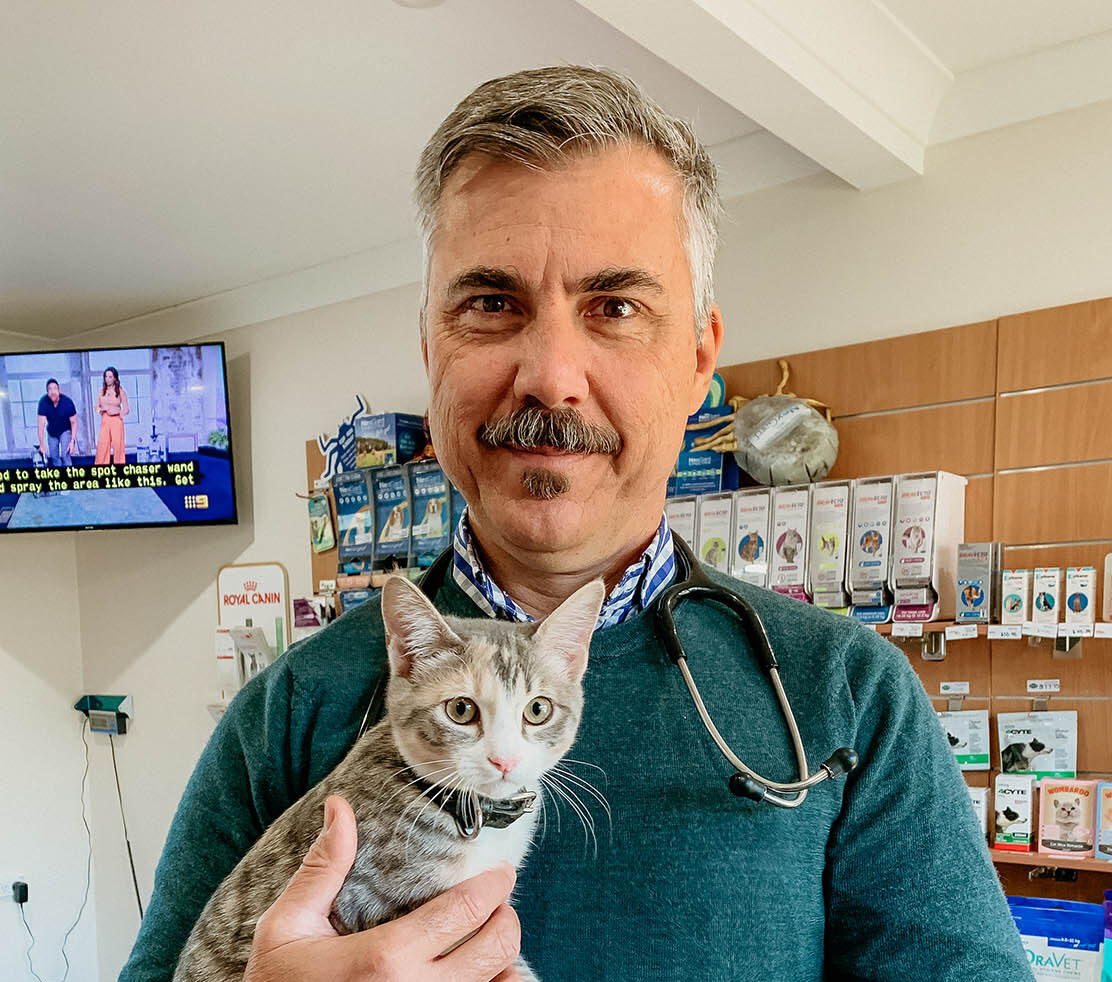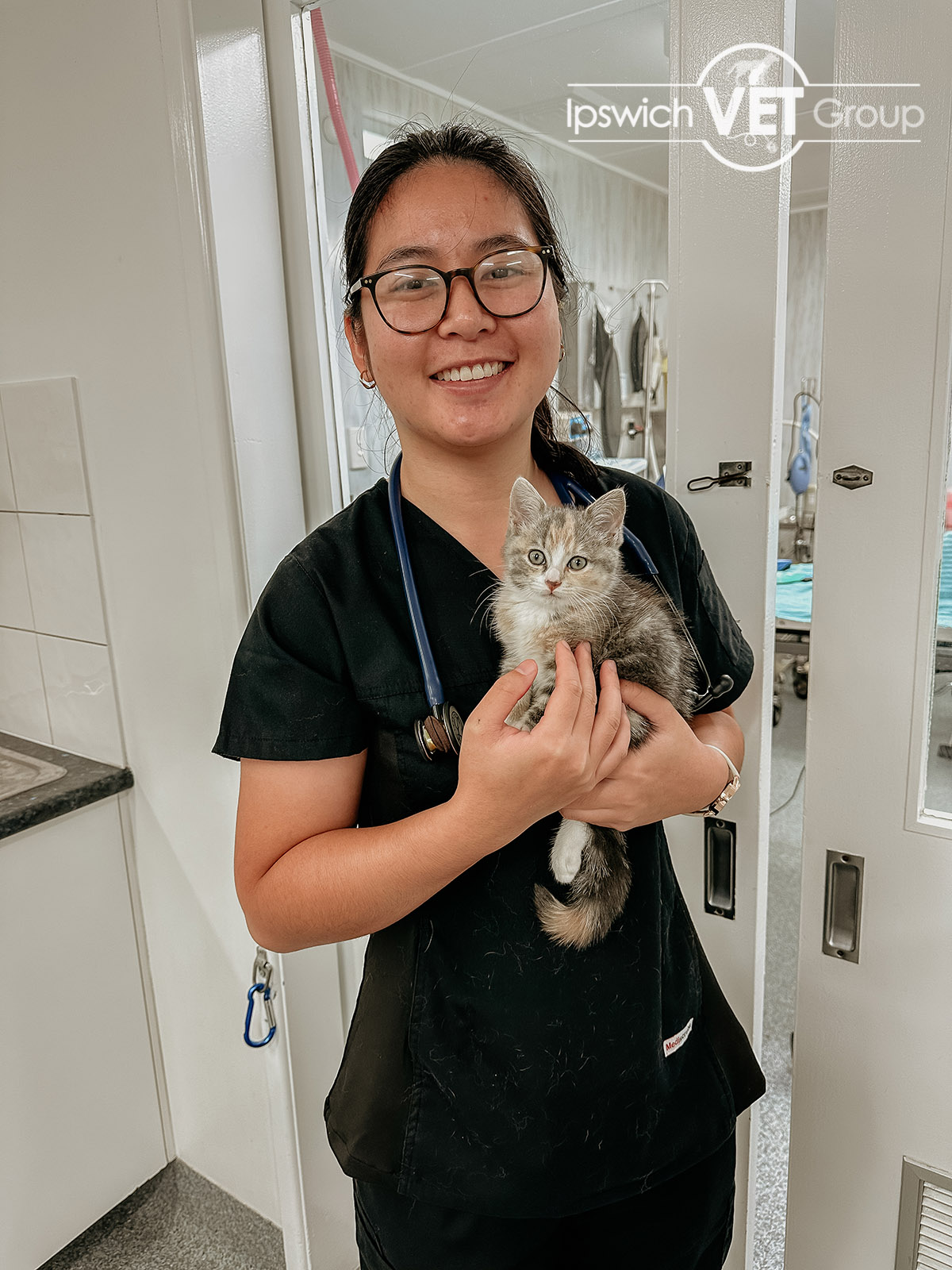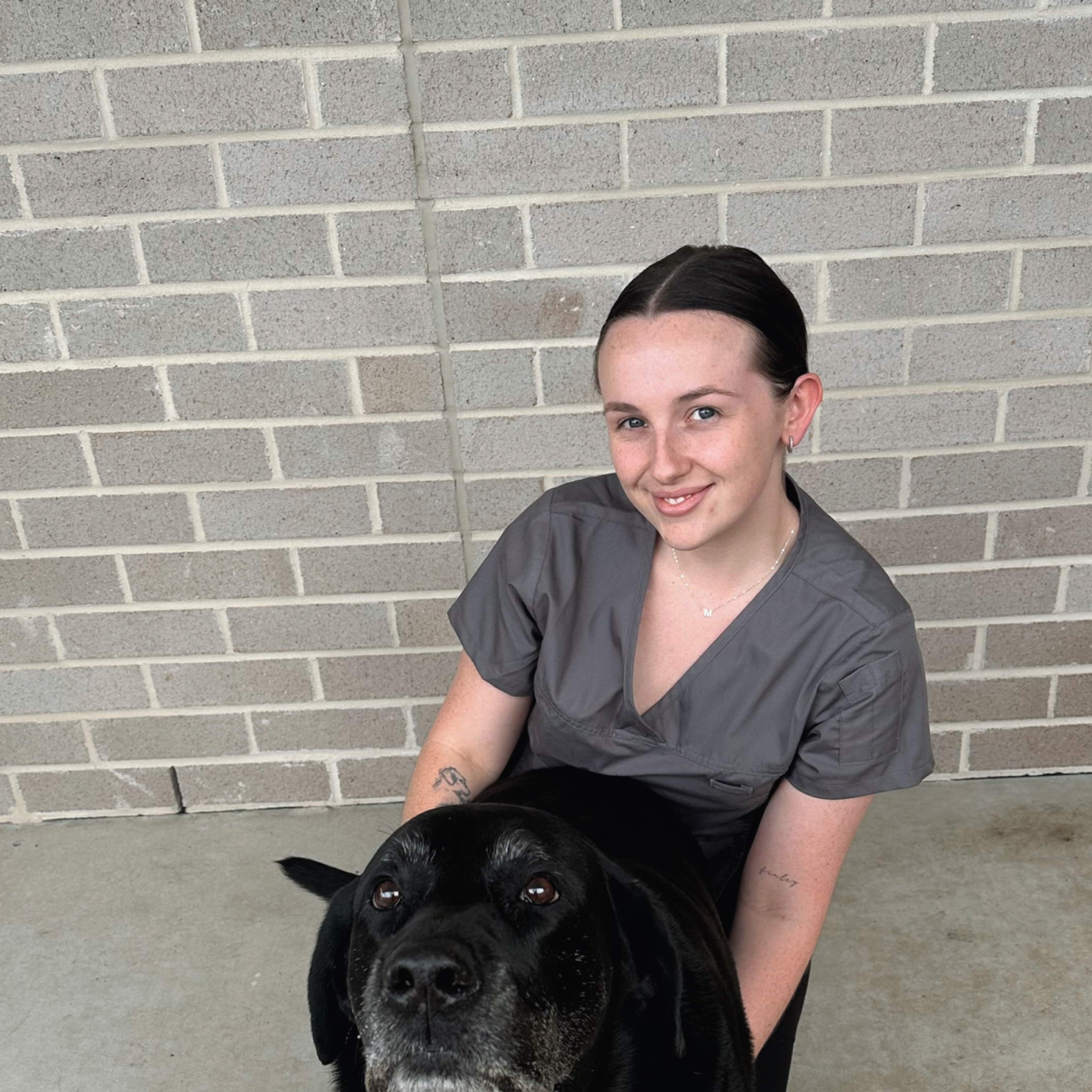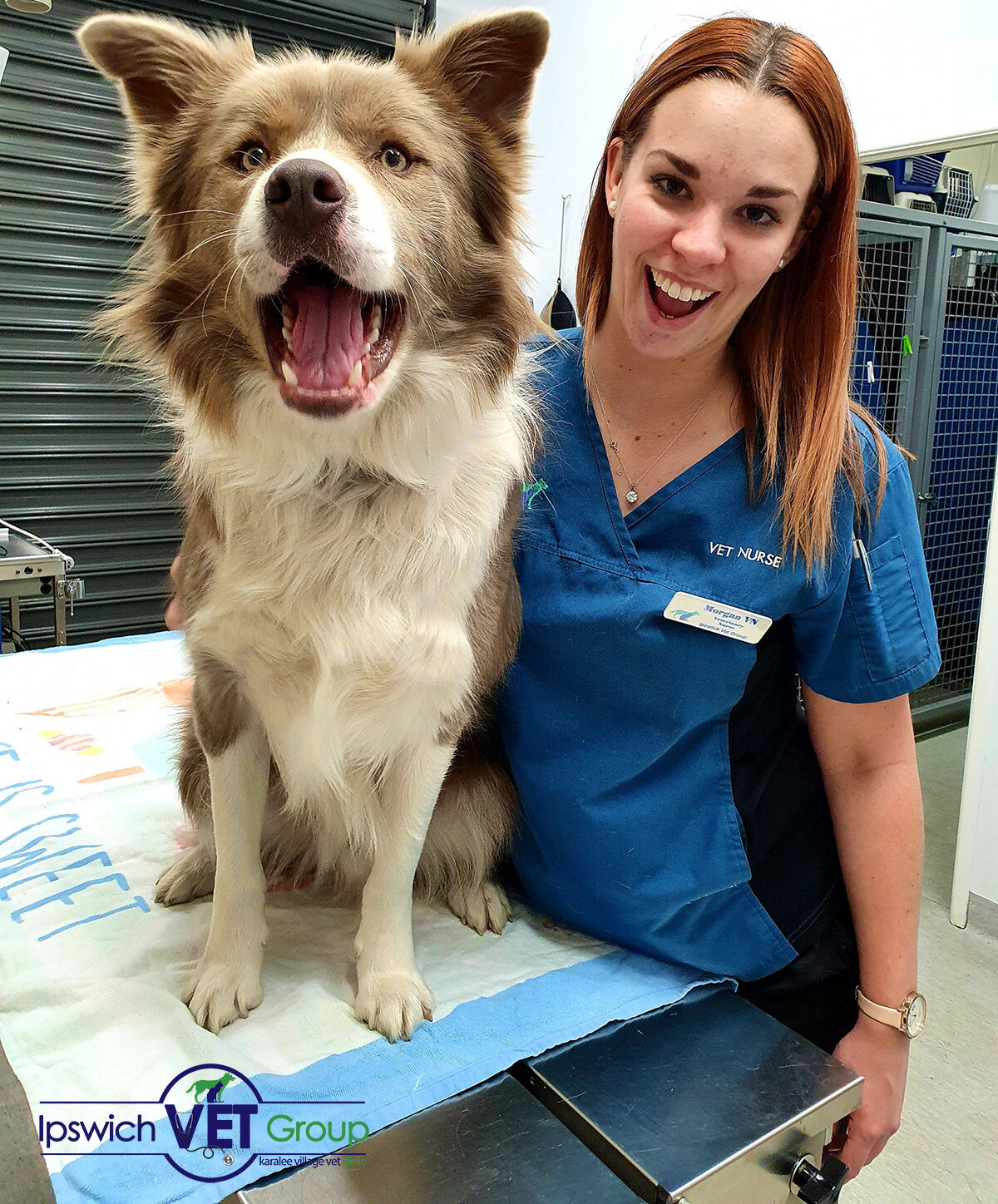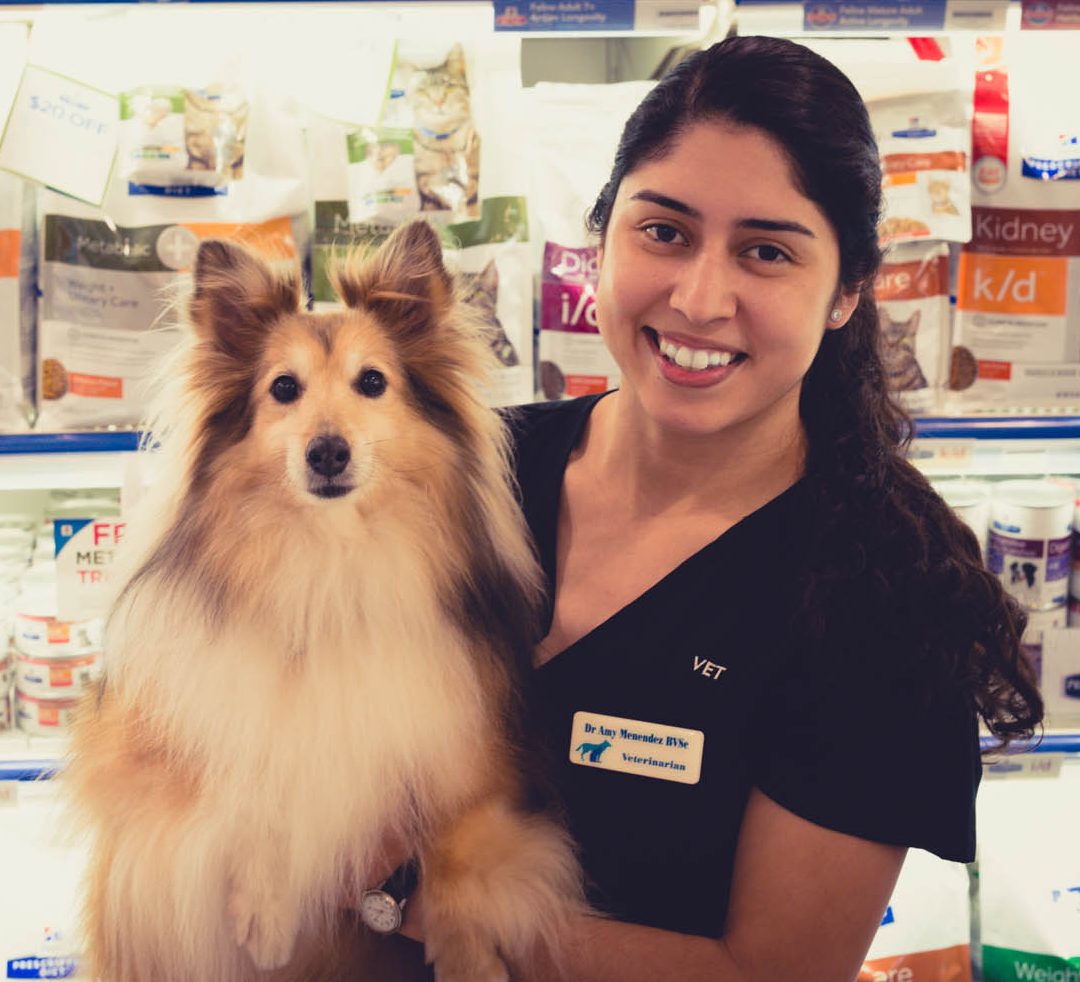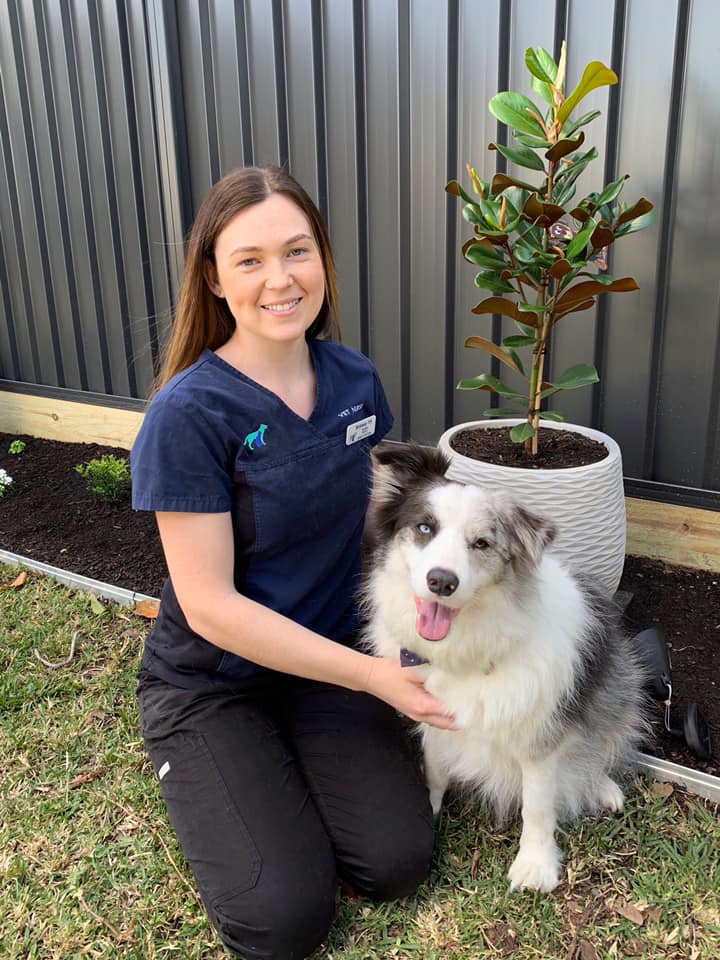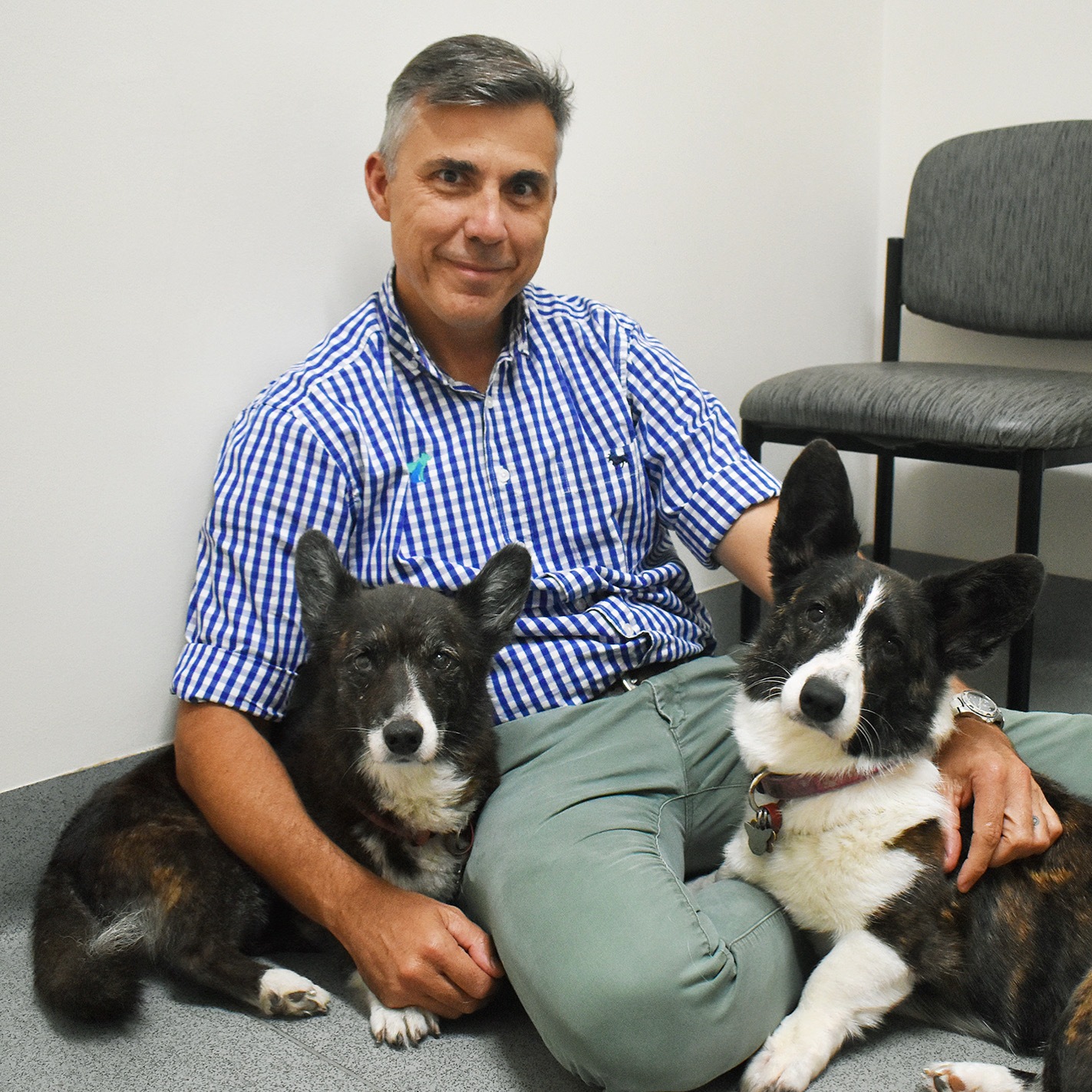The Booval Veterinary Hospital has been caring for the pets of Ipswich since 1967 and over the years has grown to become the largest and longest-serving clinic in the area.
Booval Veterinary Hospital: Your local Ipswich Vet, providing Vet care to Ipswich, Booval, and all surrounding areas
Latest news from Booval Vet
Golden Oldies
Watching our pets grow older, is a comforting rewarding experience. It’s sometimes hard to believe that the same bundle of... ...
Read moreLet’s Get Exotic!
Exotic pets are fascinating. Their unique behaviours and complicated social interactions, both with each other and with us, can really... ...
Read moreHealthy Hearts
We all love our pets, and we want to keep them, and their hearts safe. One of the biggest threats... ...
Read more
We are almost out of winter and heading into the warmer months that bring out the ticks each year. Some information to help keep your pets safe this tick season starts with being vigilant with preventatives and pet checks.
Why Ticks Are Dangerous to Pets
Paralysis toxins: The paralysis tick produces a potent neurotoxin that can cause progressive paralysis—including respiratory failure—and may be fatal if not treated promptly
Symptoms to watch:
Weakness in hind limbs progressing to full paralysis. Changes in voice—such as a different bark or meow. Vomiting, retching, excessive drooling. Laboured breathing, coughing, risk of aspiration pneumonia. Eye issues, difficulty blinking, bladder dysfunction
Without timely intervention, paralysis ticks can be deadly
Prevention & Early Detection
Daily checks are vital:
Inspect your pet every day, especially after outdoor time. Focus on areas like the head, ears, underarms, groin, between toes, tail base, and neck folds. Use fingertips to feel for small lumps or “craters” indicating recent tick attachment.
Use appropriate tick prevention products:
Consult your vet to choose species-safe, vet-approved preventatives (dog-specific products for dogs, cat-safe ones for cats). However, even pets on preventatives can still get ticks—making daily inspections indispensable
Avoid high-risk areas during peak season:
Skip bushy, scrubby walks where ticks lurk. Keep backyard shrubs trimmed and manage wildlife-attractor areas
What to Do If You Find a Tick or Spot Symptoms
Seek vet care immediately, even after removal (if the tick has been removed) —because the toxin remains active in the body and symptoms can worsen before improving.
Stabilization and treatment: The vet may administer antiserum, supportive care (oxygen, IV fluids), monitor for complications like aspiration pneumonia, and hospitalize if necessary.
Prognosis:
Many pets recover fully within days if treated quickly. Severe cases—especially with respiratory distress—require intensive care and have a higher risk of fatality. The sooner you get medical care the quicker treatment and professional care can be administered!
Our Facilities
All our vets and nurses are trained to a very high standard and are supported by excellent, modern facilities and state-of-the-art equipment and technology. Our operating theatre is equipped to handle all types of surgery, from desexing to more complex orthopaedic cases.





